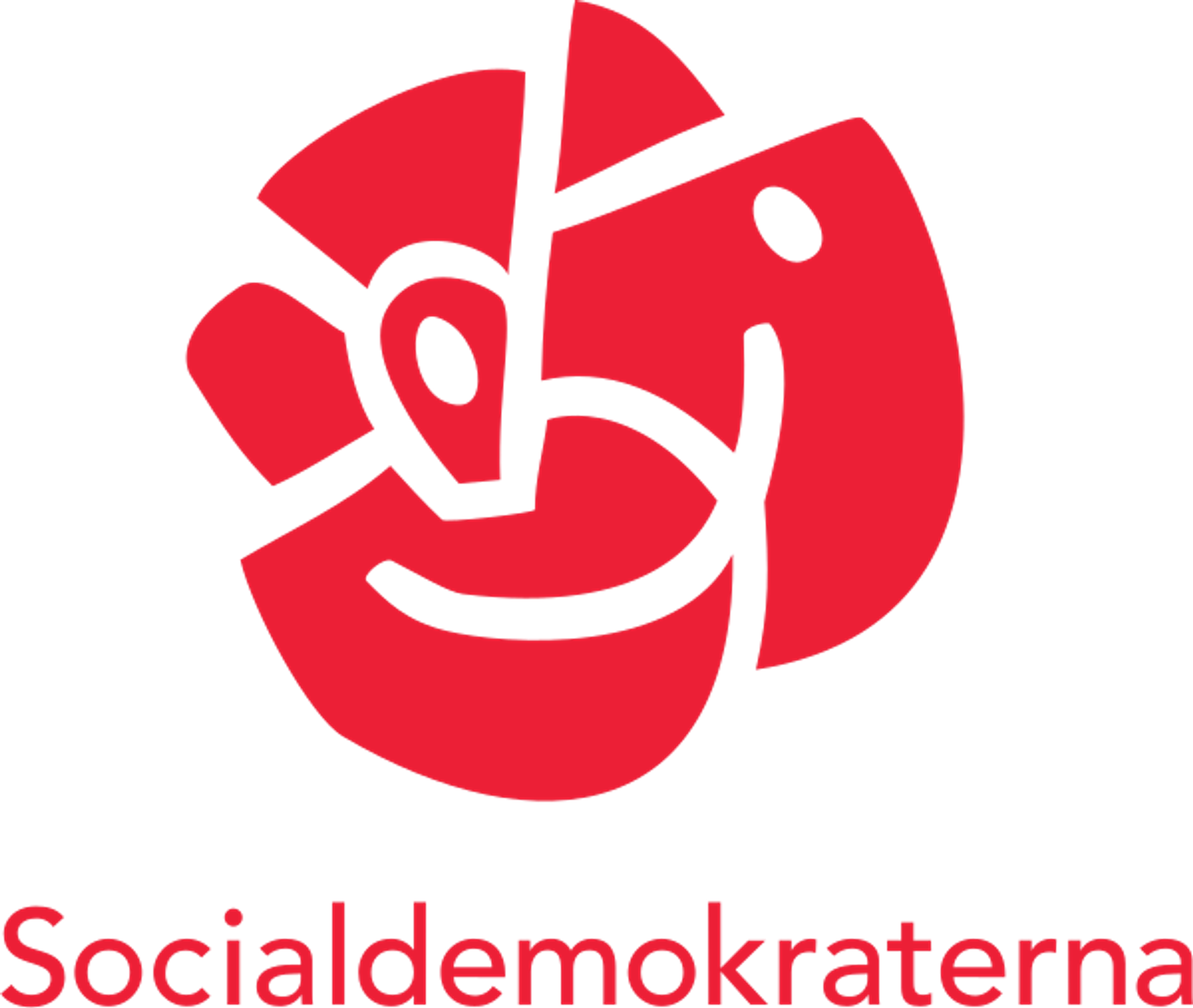
Nordic Resistance Movement
Summary
The Nordic Resistance Movement is viewed negatively across various media sources, often described in connection with extremist and violent ideologies. It is labeled as a neo-Nazi group, with discussions emphasizing its paramilitary nature and its classification as a terrorist organization by the U.S. Department of State. The podcast segments reveal an underlying societal struggle with polarization, where even mainstream political parties like the Sweden Democrats (SD) are stigmatized for their perceived connections to NMR. While some discussions hint at the potential for dialogue, the overwhelming sentiment is one of disapproval and concern for the normalization of such extremist views in Swedish society.
Source Analysis
The analysis of various podcast sources indicates a critical stance towards NMR, with many speakers expressing concern for its extremist ideologies and violent tendencies. Podcasts like 'Politiksnack' and 'Haveristerna' explicitly mention NMR's terrorist classification, while others reflect on the societal implications of having such movements active within Swedish politics. The dialogues often juxtapose NMR against more mainstream parties, highlighting the stigma faced by those associated with it and the challenges of discussing politics in a polarized environment.
Trending Topics
Discussion around the normalization of extremist ideologies in Sweden, the impact of polarization on political discourse, and the implications of labeling parties with historical connections to neo-Nazi movements.
Why These Topics Are Trending
These topics are trending as they reflect a growing concern over the presence of extremist groups like NMR in Sweden, and the societal implications of political polarization that influence public perception and acceptance of such ideologies.
Sentiment Breakdown:
Detailed breakdown of public sentiment and conversations about this company.
Impact vs Sentiment
See how each entity's high impact percentage relates to their positive sentiment percentage from actual mentions.
